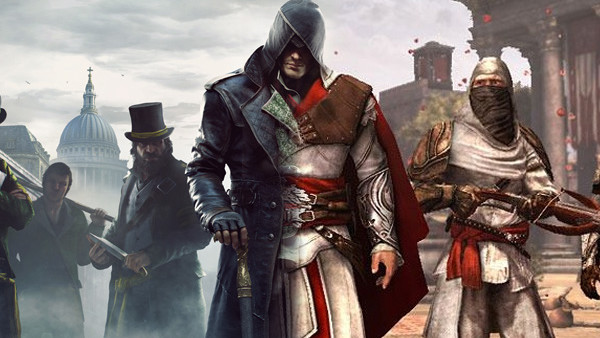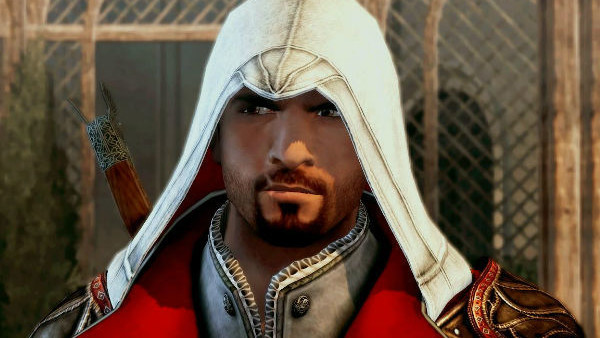Assassin’s Creed: Syndicate - 10 Things It Must Learn From Brotherhood
Can the best past instalment save the future of the franchise?

Even though very little about Assassin's Creed: Syndicate was mentioned at E3 2015 that we didn't know already, there's still plenty of hype and expectation around it. It's been seen as a bold move by Ubisoft to release another Creed game so soon after both Unity and Rogue - they've been accused of stagnating the series by pushing out so many instalments - but if they've found a direction to head in and a compelling storyline, there's no reason it can't be a successful addition to the franchise.
After Unity, which even the hardcore fans found to be underwhelming, buggy and just generally disappointing, Syndicate has a lot to do to convince people that Creed titles are still worth playing. To do that, it needs to both move forward and take bold new steps, but also look to its roots for inspiration.
So why Brotherhood?
Well, for many, AC: Brotherhood was the peak of the series, released at a time when AC had at its most widespread appeal but before it started going stale from seeing a lot of releases in such a short space of time. Brotherhood is certainly the first, if not the only, truly great game in the series - it took already revolutionary material in AC2 and expanded on it in all the right ways.
Received well by critics and loved by fans - Brotherhood is by no means perfect, but there are certainly lessons that Syndicate can learn from it if it wants to succeed.
10. It Seems Obvious, But The Protagonist Makes The Game

For virtually any game, the central protagonist needs to be interesting for the game to provide a good experience. Nobody wants to play as Joe Schmuck of Boring Inc., after all. One of the reasons that AC: Brotherhood is looked upon so fondly then, is because Ezio is a downright brilliant character.
Ezio's character arc is one of the things that makes him interesting. He's clearly motivated by revenge for his family, especially in AC2. In AC: Brotherhood, though, he seems to have moved past that - despite losing his uncle at the very start of the game, he seems to be more concerned with "the greater good" rather than his own sense of personal justice, progressing his character as a result. It still causes him conflict, however - so he isn't totally sure of himself.Compare that to the parts of the game where you play as Desmond - in Brotherhood, Desmond was entirely forgettable because he wasn't interesting, and there was barely any character to develop. Nobody wanted to wander around modern-day Italy when there was a stylish, suave, beguiling Italian Master Assassin waiting for them in the Renaissance.
Syndicate needs to ensure that players actually care about its protagonist duo, because that will have a big say in whether it is well received or not.